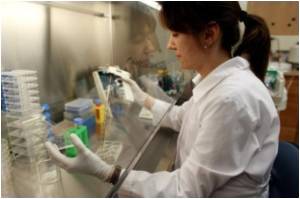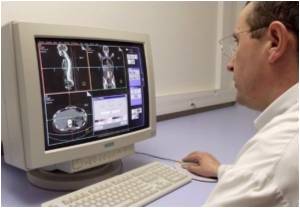
Using advanced DNA sequencing technologies, the team from the National Cancer Centre Singapore, Duke-NUS Graduate Medical School Singapore, and Taiwan's Chang Gung Memorial Hospital, LinKou, led by Professors Teh Bin Tean, See-Tong Pang, Patrick Tan and Steve Rozen discovered that AA is the most potent carcinogen identified to date, causing more DNA mutations than cigarette smoke or ultraviolent light.
The team also discovered that besides its previously known contribution to kidney failure and a form of kidney cancer, AA may also contribute to liver cancer.
The team identified a "genetic fingerprint" of AA exposure that may pave the way to new approaches to detect AA presence in humans and the environment.
AA is a natural compound found in Aristolochia plants commonly used in traditional herbal preparations for various health problems such as weight-loss, menstrual symptoms and rheumatism.
It was officially banned in Europe and North America since 2001 and in Asia since 2003.
Advertisement
In addition, certain AA-containing products are still permitted under supervision and products containing AA are still easily available worldwide, including over the internet.
Advertisement
"We would like to call for greater public awareness on the adverse health effects of AA. It is therefore important to know the contents of herbal products before one consumes them," Prof Pang said.
The findings are published online in Science Translational Medicine.
Source-ANI














